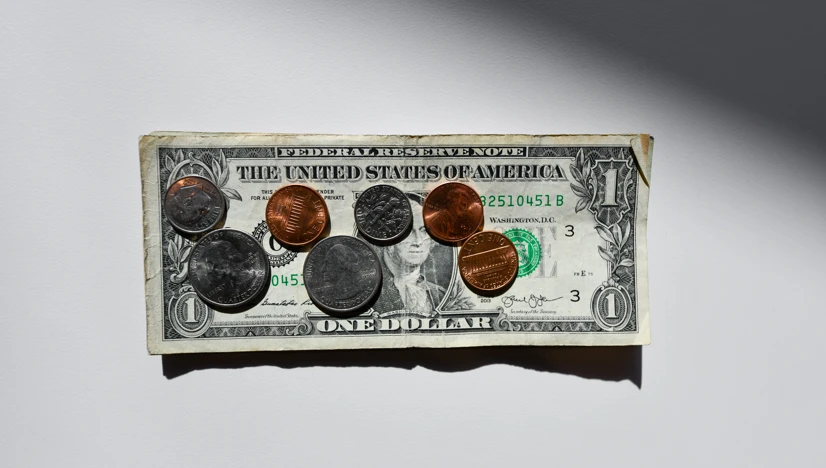Sellers’ Inflation, Profits and Conflict: Why can Large Firms Hike Prices in an Emergency?

Photo by Kenny Eliason from Unsplash
UMass Amherst, 2023
In this article, Weber & Wasner aim to explain the rise of inflation since the Covid pandemic under the scope of the sellers's inflation, a framework developped by Abba Lerner in 1958. The two authors go against the traditional view of inflation caused by an excess of demand to derive a "three-stage heuristic of the inflationary process: (1) Rising prices in systemically significant upstream sectors due to commodity market dynamics or bottlenecks create windfall profits and provide an impulse for further price hikes. (2) To protect profit margins from rising costs, downstream sectors propagate, or in cases of temporary monopolies due to bottlenecks, amplify price pressures. (3) Labor responds by trying to fend off real wage declines in the conflict stage."
Abstract:
The dominant view of inflation holds that it is macroeconomic in origin and must always be tackled with macroeconomic tightening. In contrast, we argue that the US COVID-19 inflation is predominantly a sellers’ inflation that derives from microeconomic origins, namely the ability of firms with market power to hike prices. Such firms are price makers, but they only engage in price hikes if they expect their competitors to do the same. This requires an implicit agreement which can be coordinated by sector-wide cost shocks and supply bottlenecks. We review the long-standing literature on price-setting in concentrated markets and survey earnings calls and compile firm-level data to derive a three-stage heuristic of the inflationary process: (1) Rising prices in systemically significant upstream sectors due to commodity market dynamics or bottlenecks create windfall profits and provide an impulse for further price hikes. (2) To protect profit margins from rising costs, downstream sectors propagate, or in cases of temporary monopolies due to bottlenecks, amplify price pressures. (3) Labor responds by trying to fend off real wage declines in the conflict stage. We argue that such sellers’ inflation generates a general price rise which may be transitory, but can also lead to self-sustaining inflationary spirals under certain conditions. Policy should aim to contain price hikes at the impulse stage to prevent inflation from the onset.
Comment from our editors:
The interest of this article is twofold. First, it offers a review of the traditional mainstream view on inflation, an excess of demands which needs austerity to be tamed. Second, they dust off a theory of Abba Lerner, according to which inflation can also come from the ability of firms with market power to raise prices to maintain their rate of profits. Weber & Wasner argue that such sellers’ inflation may be transitory, but today's episode of inflation entered in a self-sustaining spiral, caused by the disruptions of global value chains during the Covid pandemic, the problems that freight faced and the Ukrainian war, leading to a rising uncertainty that led firms to raise prices, a rise that impacted other sectors in a snowglobe effect. Finally, they argue that "policy should aim to contain price hikes at the impulse stage to prevent inflation from the onset", through the control of prices for example.
Go to: Sellers’ Inflation, Profits and Conflict: Why can Large Firms Hike Prices in an Emergency?
